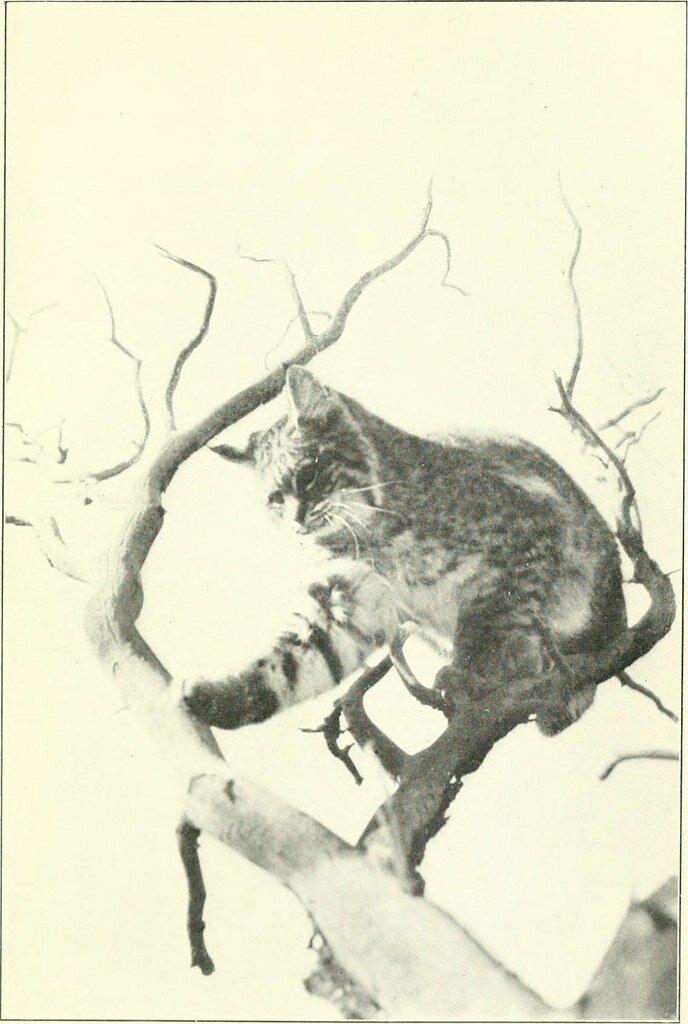ide·ol·o·gy | \ ˌī-dē-ˈä-lə-jē: a manner or the content of thinking characteristic of an individual, group, or culture.
All stories are, on some level, ideological. Countless assumptions about how people should act are hard-wired into every narrative. They have to be, otherwise the story would fail to resonate.
To illustrate the concept, picture an emaciated cat, helpless and stranded on a tree limb high above the ground. Our radiant heroine hears plaintive yowling outside her house, flies out of the front door and, suppressing her innate fear of heights, climbs the tree and saves the cat. You feel good about our heroine, right?
Now reset the scene. This time, our annoyed heroine stomps into the living room, plucks her trusty shotgun from its prominent position above the fireplace, strolls outside, and unloads both barrels into the animal, which drops to the ground with a wet, sickening thud.
How do you feel about her now?
You could be drawn to the former or the latter, depending on ideology, but it’s painfully obvious which heroine the author, and the vast majority of humanity, would prefer. Language, convention, societal norms. They all point in one direction.
Now, what if I told you the cat was rabid, and had just bitten our heroine’s newborn child? Would that change your sympathies?
The mind doesn’t normally ponder the subtleties of feline liberation when it hears the word ‘ideology.’ We tend to associate it with politics, and it is in this sense that Liberty Island uses the word.
Is Liberty Island political?
Liberty Island is non-partisan and does not support particular legislation or politicians. However, Liberty Island is ideological.
Many, upon reading this, will no doubt find it distasteful. Why should a publishing company, dedicated primarily to novels, be ideological? Shouldn’t fiction be free of political ideology?
Perhaps, but it’s not.
Established writers and editors often counsel beginners to leave overt political themes out of the narrative. Instead, they say, let politics infuse the air in which the characters breath.
Almost exclusively in mainstream fiction, that air is Progressive. Excluding Last Man Standing, when was the last time you read or saw a character with positive conservative or libertarian qualities? Jack Donaghy from 30 Rock? Maybe. Ron Swanson from Parks and Recreation? Definitely. The list is vanishingly small.
Wikipedia maintains a register of fictional US Republicans, and it is a murder’s row of anti-heroes, antagonists, and comic foils. The list of fictional US Democrats, by contrast, is chock full of protagonists, heroes and sympathetic characters, including almost the entire cast of The West Wing.
For those not already sensitive, pay attention to the details the next time you read a novel or watch a movie or television show. Hear a disparaging remark about Reagan from the hero? See a Sanders bumper sticker on the protagonist’s wall? Wonder why the evil, sociopathic boss is extolling the virtues of capitalism?
Make no mistake, each of these examples – all of which I’ve read or seen in the past two weeks – is the result of an author projecting their political ideology into their fictional world. They want you to believe the treed cat is worthy of being saved, when the reality may be entirely different.
It’s dangerous for a culture to be dominated so completely by a singular political ideology, and this is why Liberty Island is ideological. We want to celebrate the outcasts, those who feel marginalized in the current, stifling, creative climate. We want to have the argument, not assume its outcome. We want to cross ideological divides, not dynamite the bridges between us. We take our stand because mainstream fiction has already taken theirs.
Kill the cat. Or save it. It’s up to you.
****
Image from page 360 of “Our big game; a book for sportsmen and nature lovers” (1904) by Internet Archive Book Images on 1904-01-01 00:00:00



Comments
Leave a Reply